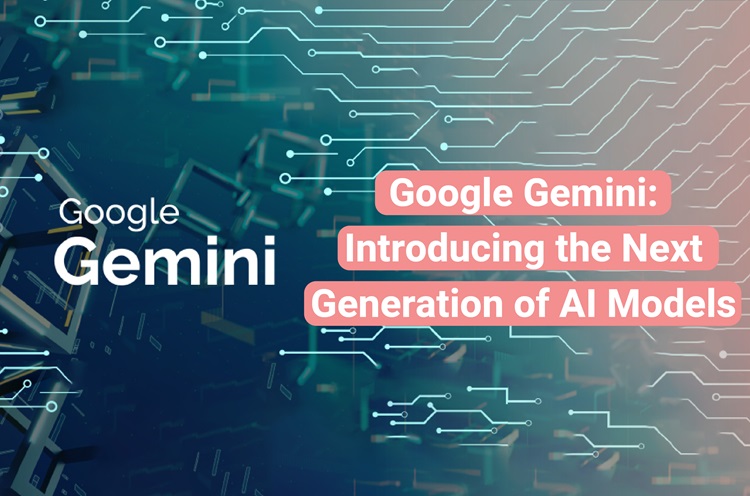Google has unveiled its next generation of AI models, Gemini, which promises to deliver state-of-the-art performance across many leading benchmarks. This new era of models represents one of the biggest science and engineering efforts Google has undertaken as a company, and is designed to create opportunities for people everywhere.
Gemini 1.0 Ultra is the first model of the Gemini era, and is designed to be the most capable and general model yet. It is capable of representing questions in 57 subjects, including STEM, humanities, and others. It can also handle challenging math problems, such as algebra, geometry, pre-calculus, and others. In addition, it is able to generate Python code with its Natural2Code feature, and it has a new held-out dataset, HumanEval-like, that is not leaked on the web.
Gemini 1.0 Ultra has achieved a 0-shot accuracy of 74.9%, demonstrating its impressive capabilities. With this model, Google is taking a significant step forward in making its products more helpful.
Gemini 1.5 is the next generation of the Gemini models, and it is designed to deliver even more impressive results. It offers a breakthrough in long-context understanding, and it has achieved comparable quality to 1.0 Ultra, while using less compute. It is also capable of representing questions in 57 subjects (including STEM, humanities, and others), and of handling challenging math problems (including algebra, geometry, pre-calculus, and others). In addition, it can generate Python code with its Natural2Code feature, and it has a new held-out dataset, HumanEval-like, that is not leaked on the web.
Gemini 1.5 is available to developers and Cloud customers through the Gemini API in AI Studio and in Vertex AI. Google is also working on new ways to ensure that its models are used responsibly and safely, such as its AI Fairness and Transparency initiative.
Conclusion
Google Gemini represents the next generation of AI models, and it is designed to create opportunities for people everywhere. Gemini 1.0 Ultra and Gemini 1.5 are the first models of the Gemini era, and they are capable of representing questions in 57 subjects, handling challenging math problems, and generating Python code. They are available to developers and Cloud customers through the Gemini API in AI Studio and in Vertex AI, and Google is also working on new ways to ensure that its models are used responsibly and safely. With Gemini, Google is taking a significant step forward in making its products more helpful.
